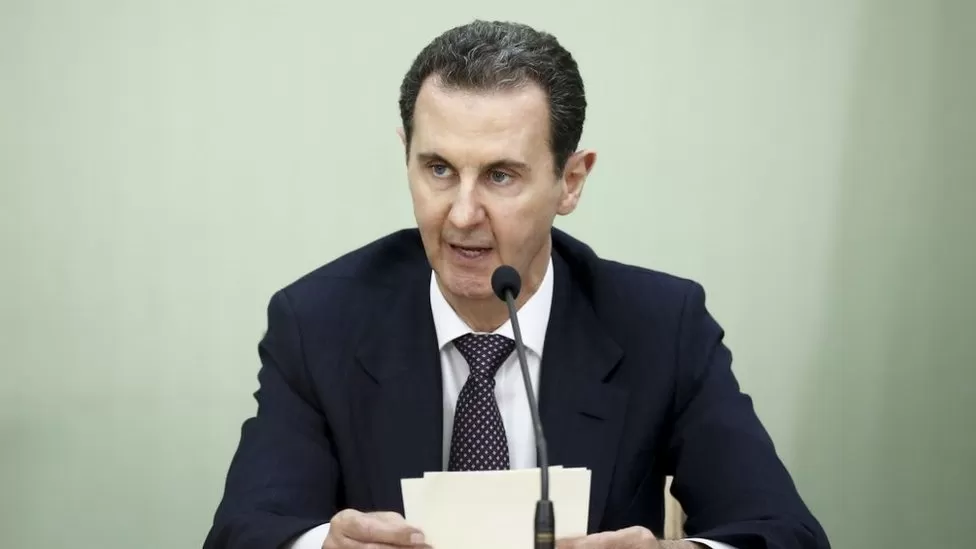THE Syrian government has cancelled the BBC’s media accreditation over what it called “biased and misleading reports”.
Syria’s information ministry said the broadcaster failed to adhere to “professional standards”.
A recent BBC story linked the trade of an amphetamine called Captagon with Syrian President Bashar al-Assad’s family.
The BBC said it provided impartial, independent journalism.
“We speak to people across the political spectrum to establish the facts,” a BBC spokesperson said.
Published last month, the BBC News Arabic Investigations found links between the Captagon drug trade, leading members of the Syrian Armed Forces and Mr Assad’s family.
Captagon is a highly addictive amphetamine-like drug. The Syrian government has previously denied any involvement in the drug trade.
But the US, UK and European Union have blamed the Syrian government for the production and export of the drug and listed relatives of Mr Assad as key figures.
The Syrian government did not specifically reference the Captagon report in its statement. It said that since Syria’s civil war started in 2011, the BBC has occasionally provided “subjective and fake information”.
It added that the BBC was warned “more than once”, but “continued to broadcast its misleading reports based on statements… from terrorist entities and those hostile to Syria”.
The BBC said it would “continue to provide impartial news and information to our audiences across the Arabic-speaking world”.
Cancellation of international media accreditation is rare in the war-torn country, although it is ranked 175 out of 180 on the press freedom index by Reporters’ Without Borders.







